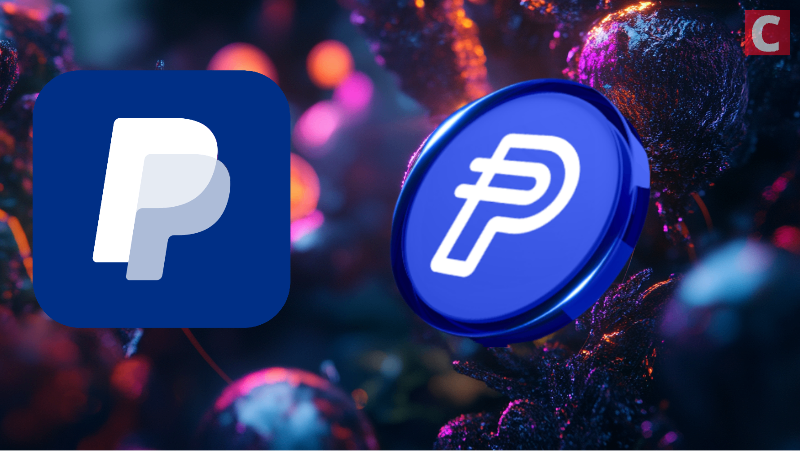Leading international payment firm PayPal is set to introduce a 3.7% yield on PYUSD for US users to drive adoption of its stablecoin.
Fintech giant PayPal is taking a new step to deepen its efforts in the digital currency ecosystem. The company plans to offer US users a return of 3.7% on its dollar-backed stablecoin PYUSD. The program is expected to launch this summer, marking another move in PayPal’s efforts to attract more people to its crypto ecosystem.
Daily Accrual, Monthly Payouts to Attract Users
According to Bloomberg’s report, the firm’s latest offering will allow users to earn a 3.7% annual yield by simply holding their PYUSD in PayPal or Venmo wallets. The yield will be calculated daily and paid out monthly. Users will not need to lock up their funds or move them elsewhere to receive the benefit.
According to the update, the stablecoin was launched in 2023. It is backed by reserves such as US Treasuries and issued by Paxos Trust. It is worth noting that though PayPal has a well-known brand and large user base, PYUSD has not yet gained significant ground in the market.
Its total circulation was reported to be about $868 million, much smaller than the $145 billion held in Tether’s USDT, the current stablecoin leader.
Per the update, this new yield program is designed to change that. By offering users a reason to hold PYUSD, PayPal hopes to boost the coin’s visibility and usage. It also allows the company to position itself more firmly in the growing digital currency space, where speed and cost-efficiency are key selling points.
Coinspeaker noted earlier that PayPal is pushing for wider adoption of PYUSD. The company aims to integrate it into 20 million small to medium-sized businesses this year. As noted, this move will help strengthen PayPal’s position against established players in the stablecoin space, such as Tether and Circle.
The PayPal Long-Term Crypto Strategy
According to the current report, this initiative is not a one-off. It fits into PayPal’s longer plan to build the next generation of payment systems.
Speaking on the development, Jose Fernandez da Ponte, who heads the company’s blockchain and digital currencies division, said the firm is halfway through a ten-year journey. According to him, the firm aims to create new payment rails that move money faster and at a lower cost than traditional systems.
PayPal Chief Executive Officer Alex Chriss echoed this in recent comments. He pointed out that stablecoins like PYUSD can help reshape how digital payments work for consumers and businesses.
It is important to add that PayPal is increasing its support for additional cryptocurrencies alongside its yield program. Coinspeaker previously reported that PayPal has activated support for Chainlink LINK $14.99 24h volatility: 6.6% Market cap: $9.57 B Vol. 24h: $643.75 M and Solana SOL $150.8 24h volatility: 1.9% Market cap: $78.03 B Vol. 24h: $5.72 B in the United States.
Drawing on the growing adoption, countries are paying close attention to the token’s evolution. South Korea’s Central Bank recently pledged to actively shape stablecoin legislation. The financial agency stressed the importance of a strong regulatory framework for stablecoins. Notably, these assets are considered important given their unique use as a payment method compared to other digital assets.
next